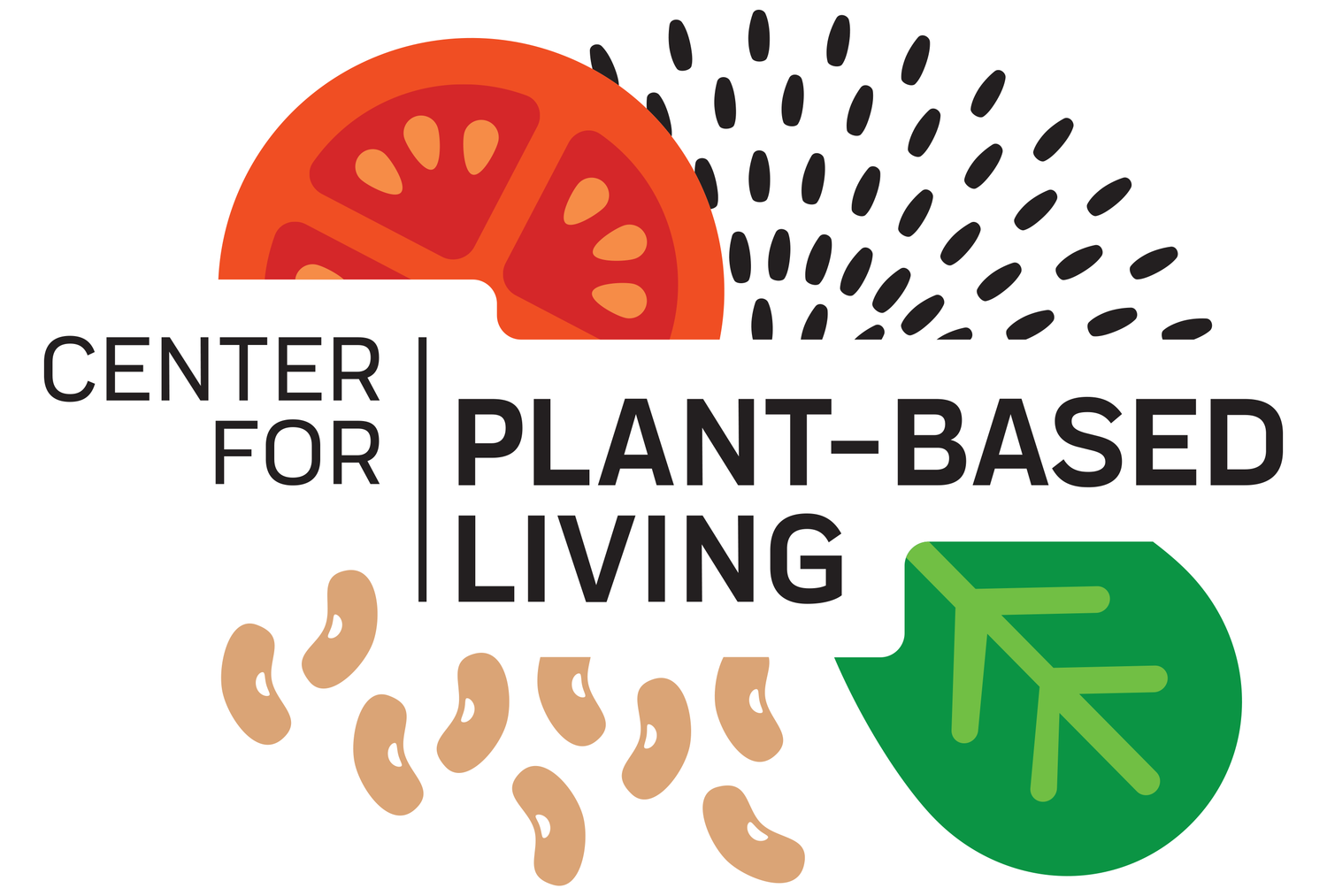THE DOC AND CHEF SHOW EP. 18: YOUR FRIENDLY NEIGHBORHOOD OXALATES // SUPPORTING SCIENCE AND THE RECIPE
WHAT ARE DIETARY OXALATES
Dietary oxalates, or oxalic acid, are naturally occurring compounds found in many plants and vegetables. They play a role in the defense mechanism of plants and participate in various metabolic processes.
ARE THERE ADVERSE HEALTH CONSEQUENCES FROM CONSUMING OXALATES?
Consuming high levels of oxalates can lead to several adverse health consequences, particularly for individuals with certain underlying conditions or susceptibilities. Here are some of the potential health issues associated with high oxalate consumption:
Kidney Stones: The most well-known issue associated with high dietary oxalate is the formation of kidney stones, particularly calcium oxalate stones. Oxalates can bind with calcium in the urine to form crystals, which can develop into stones. People who are prone to kidney stones are often advised to limit oxalate-rich foods.[1]
Reduced Mineral Absorption: Oxalates can bind to minerals, especially calcium and magnesium, in the gastrointestinal tract. This binding can reduce the absorption of these minerals, potentially leading to deficiencies if high-oxalate foods are consumed in large amounts regularly.[2]
Vulvodynia: There is some evidence suggesting a potential link between high oxalate consumption and vulvodynia, a chronic pain condition affecting the vulvar area in women. However, the evidence is not conclusive, and more research is needed in this area.[3]
SHOULD I LIMIT MY OXLATE CONSUMPTION?
It's important to note that for most people, consuming foods with oxalates does not cause problems, and these foods are an important part of a healthy diet. Only certain individuals may need to be cautious about oxalate intake. These include:
People with a History of Kidney Stones: Especially those who have formed calcium oxalate stones, the most common type of kidney stones. These individuals may be advised to limit oxalate intake to reduce the risk of stone recurrence.1
People with Certain Gastrointestinal Disorders: Conditions like inflammatory bowel disease (IBD), Crohn's disease, or a history of intestinal surgery can affect how the body handles oxalates and might necessitate a low-oxalate diet.[4]
Individuals with Absorption Disorders: Certain disorders that affect nutrient absorption, such as celiac disease, might lead to increased absorption of oxalates.[5]
If you do need to limit oxalate consumption, it is generally recommended that oxalate consumption should not exceed 50 mg a day.
WHAT FOODS ARE HIGH IN OXLATES?
Foods that are high in oxalates include a variety of vegetables, fruits, nuts, seeds, grains, and legumes. It's important to note that the oxalate content can vary significantly among different foods and even within the same food depending on factors like soil quality and preparation methods. Here are some common high-oxalate foods:[6]
It's important to remember that these foods also provide essential nutrients and have various health benefits. For most people, they can be a part of a healthy diet.
HOW CAN YOU REDUCE THE OXALATE CONCENTRATION IN FOOD
Reducing the oxalate content in foods, especially in vegetables, can be achieved through various cooking and preparation methods. Here are some effective strategies:[7]
1. Boiling: Boiling is one of the most effective methods to reduce oxalate levels in foods. Oxalates are water soluble, so when you boil foods that contain them, a significant portion of the oxalates leaches into the water. It's important to discard this water after boiling and not use it for cooking other foods.
2. Steaming: While not as effective as boiling, steaming can also reduce oxalate content, though to a lesser extent. The advantage of steaming is that it may better preserve other nutrients compared to boiling.
3. Soaking: Soaking vegetables, grains, and legumes before cooking can help reduce oxalate levels. Soaking nuts and seeds, and then discarding the soak water, can also be beneficial.
4. Pairing with Calcium Rich Foods: Consuming calcium rich foods alongside high oxalate foods can help. Calcium binds with oxalates in the intestines, reducing the amount that is absorbed into the bloodstream and can contribute to kidney stone formation.
5. Fermentation: Fermenting high oxalate foods can reduce their oxalate content. Fermentation involves the action of bacteria or yeast which can break down oxalates.
6. Rinsing Canned Foods: For canned foods like beans, thoroughly rinsing them under running water can help reduce their oxalate content.
Remember, these methods might not completely eliminate oxalates and can also affect other nutrients in the food. For people who need to strictly control oxalate intake, such as those with a history of oxalate kidney stones, it's important to consult a healthcare provider or a dietitian for personalized advice.
SUMMARY
Most people don’t need to worry about dietary oxalates. But if you do need to limit your oxalate intake because of an underlying medical condition like oxalate kidney stones, you can do so by choosing foods with a lower oxalate concertation and being sure to boil, steam, soak or ferment foods that are higher in oxalates.
[1] Am J Physiol Renal Physiol. 2019 Mar 1;316(3):F409-F413.
[2] Am J Clin Nutr. 1989 Oct;50(4):830-2.
[3] Am J Obstet Gynecol. 1997 Sep;177(3):507-11
[4] Urol Ann. 2016 Jul-Sep;8(3):297-304.
[5] Urol Int. 1981;36(1):1-9.
[6] https://oxalate.org/
[7] J Agric Food Chem. 2005 Apr 20;53(8):3027-30.
🥦 Do you know about our STREAMING PLUS membership?
Our membership is built like a streaming service - you get a full library of plant-based cooking classes to watch whenever you want. PLUS, you gain access to upcoming interactive virtual cooking classes and a monthly accountability group call.
As a member you get:
Complete library of all past virtual classes - stream them whenever you’d like!
Free access to upcoming virtual classes
Library of easy and quick recipes: 100 and growing
Access to private Facebook group
Monthly accountability check-in and support group Zoom call with Caryn
Quarterly “Ask the Doc” call with Dr. Jim Loomis, our Medical Director
A community of support
To learn more, please visit us here.




